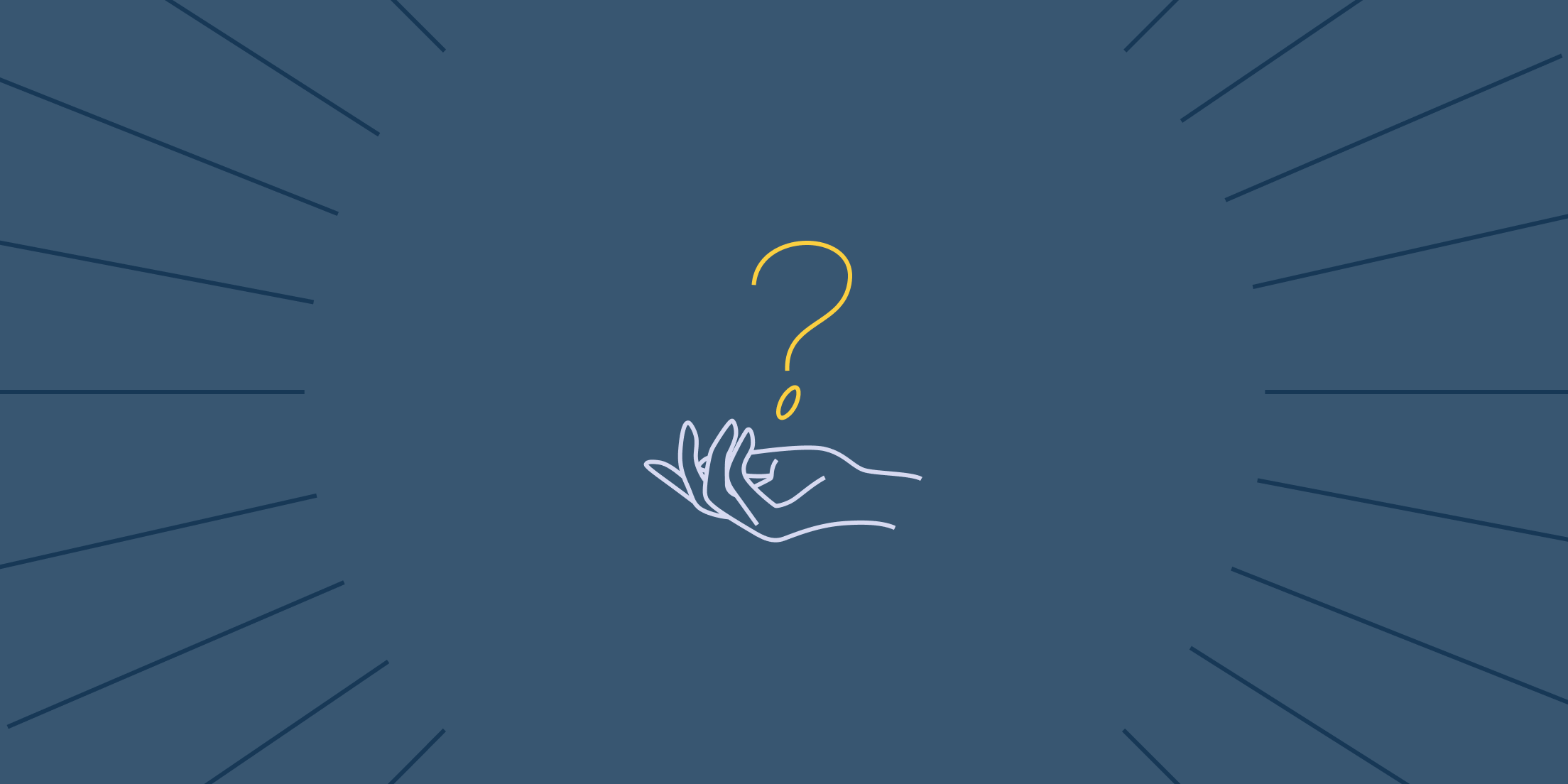
When can we gather up the people we love in our arms? When can we celebrate in large groups without masks covering our smiles? When can children learn in groups in crowded classrooms? For many people, the answer involves one tiny shot.
A coronavirus vaccine comes with the promise of disease eradication — or at the very least, disease limitation. When many people have the vaccine, the theory goes, fewer people will develop serious symptoms that cause illness or death.
The coronavirus is new, and researchers really are starting from scratch, but they hope to develop a vaccine soon. Unfortunately, some people won’t accept the help a vaccine might deliver, as they’re mistakenly sure that this vaccine could cause autism.
Typical Vaccine Development Processes
Medical experts use vaccines to strengthen the immune system. A tiny exposure to some part of an infectious agent trains the body to attack and kill invaders. The underlying principle is simple, but the development process is not.
Clinical development of a vaccine progresses in three phases.
- Phase 1: A small group of people receives the vaccine. Researchers look for evidence of efficacy and harm.
- Phase 2: If the first phase is successful, a larger group gets the vaccine. Once again, researchers look for evidence of effectiveness and harm.
- Phase 3: If phases 1 and 2 go well, a large group of people all get the vaccine. If successful, the product is licensed at the end of this stage.
Even with the phases complete, officials continue to monitor efficacy and safety. They examine reports from people claiming they fell ill after vaccination, and they test vials for strength and potency.
Coronavirus Vaccine Timelines Are Different
Typically, it takes years for researchers to develop a safe and effective vaccine. They must then find a manufacturer to produce, package, and distribute the product to people who need it. Some might say we don’t have years to wait for a coronavirus vaccine.
COVID-19 is just one of many coronaviruses, and researchers have been looking at a vaccine solution for these illnesses for quite some time. When COVID-19 hit, many companies felt they had the answer.
A variety of vaccine solutions are in development, including those that:
- Attack genetic materials inside the virus.
- Deliver inactivated versions of the virus.
- Attack the protein that surrounds the virus.
- Prevent the body from taking up the virus particles.
In early July, reporters said 19 vaccine candidates were in active tests with human subjects, and 130 more were in earlier stages of development. Every one of these solutions must go through the steps we outlined above.
Since the vaccines are so varied and so new, it’s impossible to determine what ingredients they’ll use and how they will work. Consumers could have a range of types of vaccines to choose from, and each one could work differently. We really just don’t know enough right now.
The risk of any of these causing a spike in autism cases in the next three years is very low because:
- Risks are highest during pregnancy. Autism has a genetic component, but an environmental assault that happens during pregnancy can influence disease development.
- Pregnant women probably won’t be included in trials. Researchers will need to do much more work to understand how the vaccine works in a pregnant woman’s body.
- Women of childbearing age may not be the first to be vaccinated. People age 55 and older are at greatest risk for coronavirus symptoms, and they may get available vaccines long before others do.
Regardless of the ingredients involved in a coronavirus vaccine, and regardless of how the shots work, the risk that the injection will harm scores of developing babies is remarkably low.
Vaccines Do Not Cause Autism
Vaccine fear and mistrust are common. In fact, it’s so common that only about half of Americans plan to get vaccinated against coronavirus. Health officials say that’s alarming.
The Centers for Disease Control and Prevention states quite clearly that vaccines do not cause autism. Ingredients and efficacy have been studied repeatedly, and researchers have never discovered a clear link between a shot and a child born with autism. They keep looking, but the connection just doesn’t seem real.
Advocates continue to push for that connection, and over the years, they have posited several theories about vaccine dangers, including:
- Gut health. They claimed the MMR vaccine in children damaged intestinal processes, and that leads to autism changes. This theory has been debunked.
- Ingredients. They claimed thimerosal, a preservative in some vaccines, caused autism. Manufacturers switched to thimerosal-free formulations, even though no evidence of harm exists, and autism rates didn’t go down. We can also call this theory debunked.
- Multiple vaccines. They claimed getting too many shots at once overwhelmed the body and caused autism in young children. Since autism develops before birth, experts believe, this theory has also been proven false.
It’s reasonable to worry about a child’s health and well-being. And it’s prudent for parents to read all they can about coronavirus and how to keep children safe. At this point, worries about vaccines can be put to rest. The risk seems nonexistent.
References
Vaccine Testing and the Approval Process. (May 2014). Centers for Disease Control and Prevention.
The COVID-19 Vaccine Development Landscape. (April 2020). Nature.
Coronavirus Vaccine: Are we Close to Finding One? Here’s What’s Happening. (July 2020). CNET.
How — and When — Can the Coronavirus Vaccine Become a Reality? (June 2020). ProPublica.
Just 50 Percent of Americans Plan to Get a COVID-19 Vaccine. Here’s How to Win Over the Rest. (June 2020). The American Association for the Advancement of Science.
Vaccines Do Not Cause Autism. (March 2020). Centers for Disease Control and Prevention.
Vaccines and Autism: A Tale of Shifting Hypotheses. (July 2010). Clinical Infectious Diseases.




